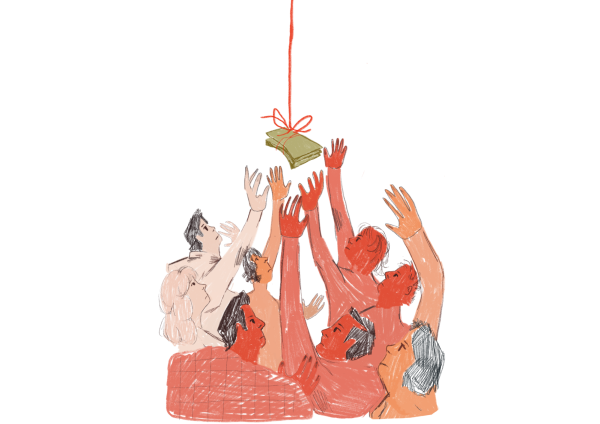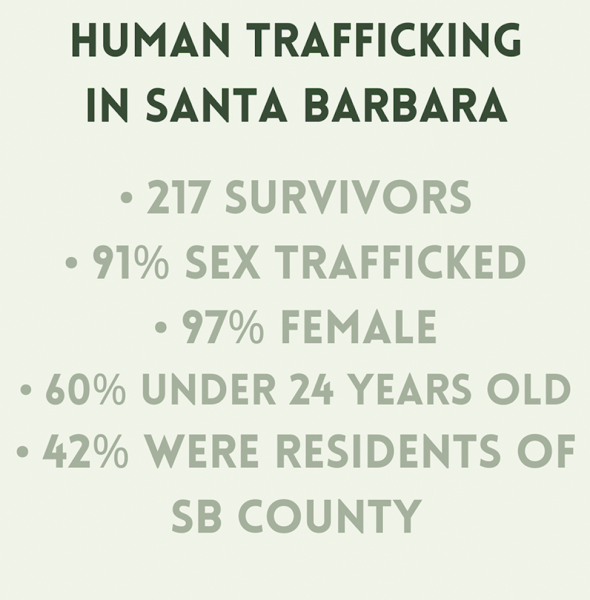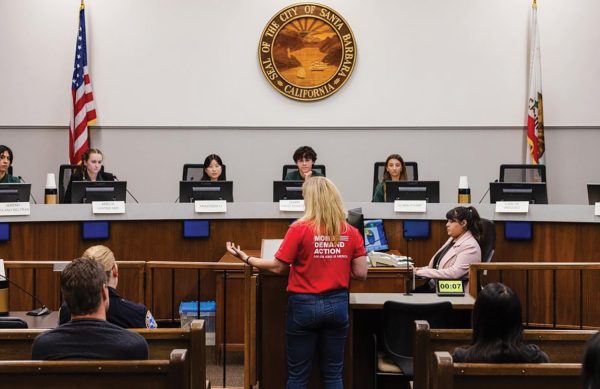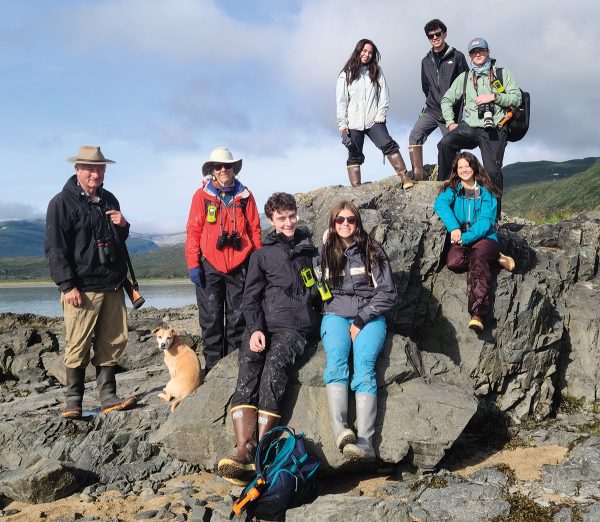Authoritarians Threaten Global Democracy
Reactionary sentiment led by dictators and authoritarians is assaulting democratic institutions across the globe, rolling back decades of social and economic progress.
February 7, 2022
The 1990s were an era of democratization and liberalization, opening up the Soviet Bloc to western-style democracy and economies.
Globalization broadened the marketplace in the 2000s, as Asia entered into the world and liberalized its economies and politics. But now, democratization has relapsed. Across the world, waves of reactionary and authoritarian sentiment are crashing into vulnerable democracies.
In new and fragile democracies, reactionaries have seized power, and the tides are quickly rising in countries thought to be immune to illiberal politics.
Authoritarians like Viktor Lukashenko in Belarus, Jair Bolsonaro in Brazil, and Victor Orbán in Hungary recently rose to power and quickly consolidated incredible authoritarian power within their government.
The Economist’s Global Democracy Index, which ranks and scores 167 countries annually on five core democracy indicators, found that only 8.4% of the world’s population live in “full democracy” while over a third lives in authoritarian nations. In addition, the global score of 5.37/10 is the lowest since the index was founded in 2006.
“One of the largest threats to democracy is that leaders with authoritarian tendencies are elected and then start to erode the institutions from within,” AP United States History and AP Comparative Government and Politics instructor Dena Montague said.
“These leaders are very savvy about how they touch on people’s fears.”
Issues from migration to LGBTQ+ rights are the driving forces behind reactionary backlash, in addition to real economic concerns.
During the migrant crisis, when millions of refugees fled from northern Africa to Europe, Victor Orbán, the far-right German party AfD, and right wing French Presidential nominee Marine Le Pen all capitalized on racist fears of Syrian migrants, insisting that the refugees would ruin their country’s culture.
“When migration happens, many times we see that these political leaders use the migration crisis as a way to consolidate power, by saying ‘these people are threatening us,’ and so you have all of these things start to perpetuate this idea of ‘us against them’,” said Montague.
The Anti-Defamation League (ADL) reported that “extreme anti-immigrant views have gained legitimacy and become part of the mainstream political debate over the past 10 years through a concerted push by anti-immigrant groups and political figures, including former President Trump, using stereotypes and outright bigotry to blame immigrants for various problems in America.”
“…leaders with authoritarian tendencies are elected and then start to erode the institutions from within.” — Dena Montague
“We also have a problem with social media. Unfortunately, Facebook allows for a lot of misinformation to thrive and so there’s a level of mistrust of the mainstream media,” Montague said.
Q-Anon and other conspiracies spread through alternative platforms, Whatsapp, and Twitter during 2020.
In 2018, Jair Bolsonaro was elected by capturing reactionary sentiment in Brazil. He campaigned on an extreme law- and-order platform and hard right social policy that aimed to fight the extreme lawlessness and violence that plagues Brazil.
Bolsonaro used allegations of voter fraud to change election rules, and as he was whipping up support, he staged a military parade in front of the Brazilian Federal Congress.
“An easier way to relate that to our own situation is that’s what we saw with Trump. So, in the American constitution there are many things laid out by law, and there’s a lot of things that are essentially customs,” Montague said “What an authoritarian leader will do is take advantage of the spaces that the government allows them to push the limits of the [law] and to go beyond the norms of democracy.”
Masha Gessen, the author of “Surviving Autocracy” and a non-binary journalist who was forced to flee Russia after they were targeted by dictator Vladimir Putin, suspects American democracy is at extreme risk.
Gessen describes three stages in their New Yorker Opinion column: “autocratic attempt, autocratic breakthrough, and autocratic consolidation.”
“The attempt is a period when autocracy is still preventable— when it is no longer possible to reverse autocracy peacefully, the autocratic breakthrough has occurred,” Gessen said.
Gessen believes that the forces that tried to overthrow the 2020 election are characteristic of an autocratic attempt.
Authoritarianism impacts us in two ways according to senior George Nicks. “First, the domino effect. If it works well in one country, it starts to spread further and further, and then each one of those regimes strengthens each other. The more authoritarianism there is in one country, the more authoritarianism there will be here.”
“Second, once these regimes start going, they start to doing some terrible stuff, and in the long term, there’s a moral argument too,” George said. “If we do something now, before things get out of hand, it will be much better than what we will have to do later, if things truly do get out of hand, and get really bad, like they have in the past.”
Authoritarianism is bred on resentment and inequality. To combat autocrats, countries must combat these issues. Leaders must appeal to our humanity while keeping the “trains running on time” and fixing the issues that cause reactionary sentiment to under- mine authoritarianism and save democracy.


















